Sustainable diets have become a trending topic. Eating in a sustainable way is a growing concern for many people. It is a good way to protect the environment and enhance well-being. But Choosing a sustainable diet can be challenging and overwhelming. In this article, we will take you through the definition of a sustainable diet and give you hints to choose the most suitable one for you.
What are sustainable diets?
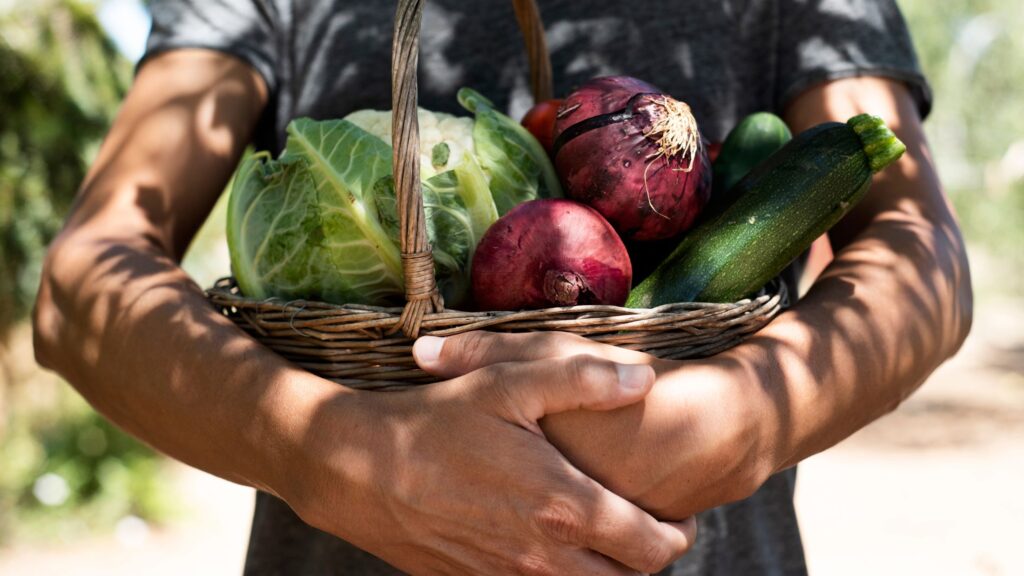
Sustainable diets are those diets that have low environmental impact. They contribute to food and nutrition security for present and future generations. The definition of sustainable diets rests on four pillars:
- Nutrition and health: Sustainable diets provide the nutritional needs of individuals and communities. They are nutrient-rich, safe and free from harmful contaminants. They also are healthy diets that promote well-being and prevent chronic diseases.
- Economic: Sustainable diets should be affordable for people of all income levels. They must be produced from sustainable agricultural practices that support food security.
- Social and cultural: Sustainable diets align with cultural customs and respect local food production practices. They contribute to food security and nutrition for all. Sustainable diets consumers are empowered to make informed food choices.
- Environmental: Sustainable diets are low environmental impact diets. They promote sustainable food production practices that protect ecosystems and natural resources. They reduce greenhouse gas emissions, water pollution, and biodiversity loss. Sustainable diets reduce food waste and respect biodiversity.
How to build a sustainable diet?
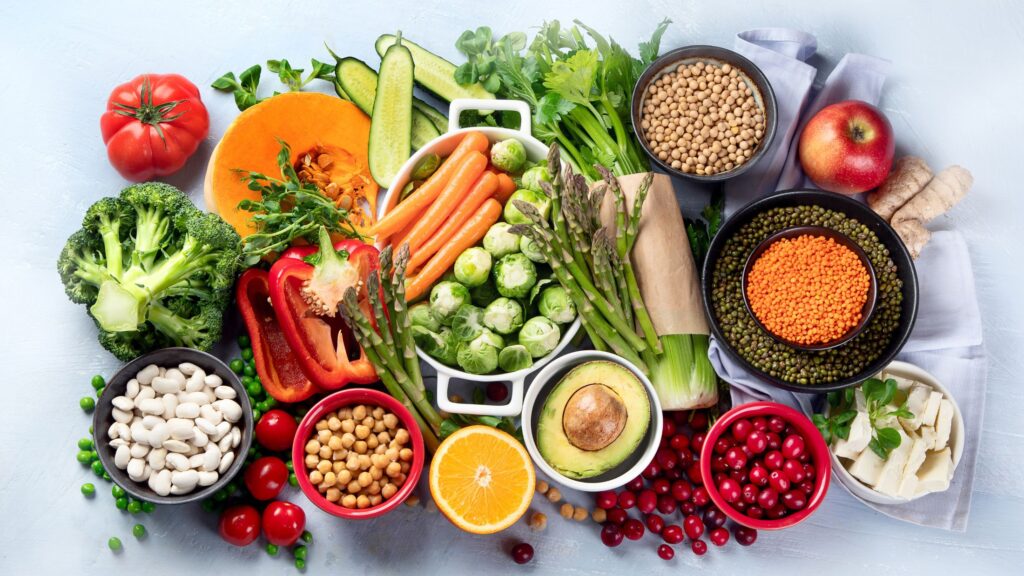
Understanding what foods are and are not sustainable can be challenging. It is not a simple and straightforward process. It involves striking a balance between taste preferences, convenience, practicality, and affordability. To adopt a more sustainable approach of eating you can follow these principles:
- Know your food: Get to know where your food comes from and make informed choices. Learn about food labels. Look for certified products like Fairtrade, Organic and locally sourced. Buy in-season produce. They are fresher, tastier and have lower environmental impact. Choose local farmers products because they have a lower carbon footprint. Support farmers who use sustainable farming methods.
- Eat more plants than animals: Aim to eat a higher proportion of plant-based foods. It doesn’t mean you have to go vegan. Reduce consumption of animal products. Make fruits, vegetables, whole grains, legumes, and nuts the bulk of your diet. Limit red and processed meats, and choose sustainable seafood sources.
- Eat healthy and minimally processed foods: Look for fresh ingredients where possible. Limit processed snacks and sugary drinks. Choose foods without added sugars, preservatives, or artificial ingredients. Prefer whole grains to refined grains. Plan your meals and cook more. It gives you control over the ingredients and preparation methods.
- Reduce food waste: Nearly one-third of all food produced globally goes to waste. Plan your meals and use a grocery list to avoid overbuying food. Store and preserve food properly. Transform your leftovers to avoid throwing them to waste. Share food with family and friends to reduce waste.
What are the health benefits of eating in a sustainable way?

Sustainable diets are characterized by a higher intake of plant-based foods. Engaging in a sustainable diet can help you enhance your well-being. It has many proven positive health effects including:
Extended lifespan
Changes towards more plant-based diets can reduce premature deaths from air pollution. Adopting more plant-based flexitarian, vegetarian, and vegan diets can reduce global agricultural emissions. This means a significant reduction in air pollution. This pollution decrease could reduce premature mortality by 6%.
Reduced risk of chronic diseases
Sustainable diets have been linked to a reduced risk of developing chronic diseases. This includes:
– Type 2 diabetes
Sustainable diets are effective in preventing and managing type 2 diabetes. Adopting a plant-based diet can help prevent or delay the development of type 2 diabetes.
– Cardiovascular diseases
Plant-based diets can lower blood pressure, LDL (bad) cholesterol, and triglycerides. Theses all are significant risk factors for cardiovascular disease.
– Obesity
A plant-based diet is naturally lower in calories and animal fat. This makes it a helpful tool for weight management. Additionally, plant-based foods tend to be more filling and satisfying. That is helpful for reducing cravings and overeating. Sustainable diets may protect from the risk of weight gain, overweight, and obesity.
How to choose your sustainable diet?
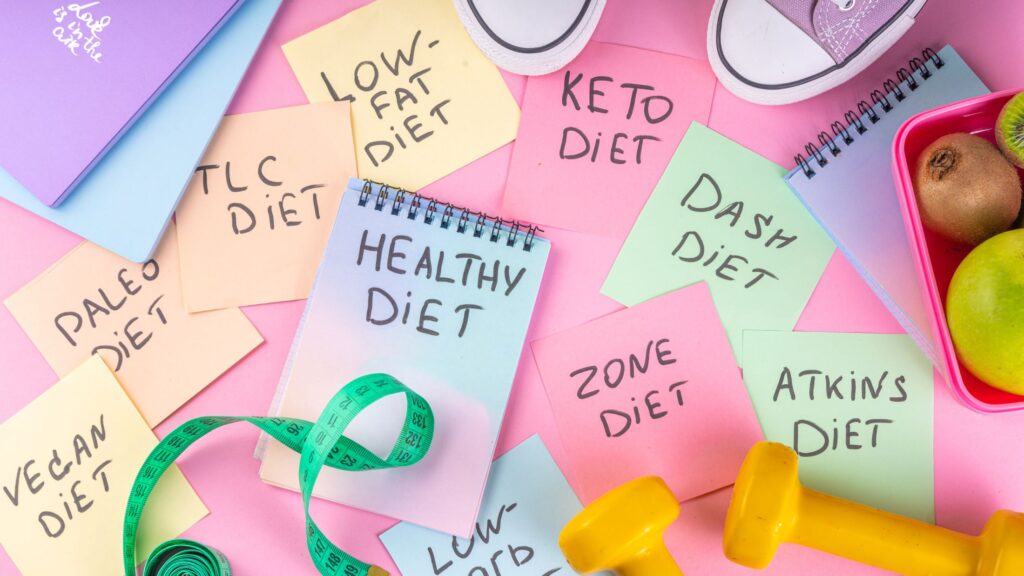
Choosing a sustainable diet doesn’t only change your food choices. It transforms your entire lifestyle. It involves making choices that impact the environment, your health, and your community.
Start with small changes that you can easily incorporate into your lifestyle. Try to gradually increase your intake of plant-based foods. Reduce your animal products intake and make more mindful food choices. Here are some examples of sustainable diets that you can consider:
Mediterranean diet
The Mediterranean diet is one of the healthiest and most sustainable diets in the world. It is rich in fruits, vegetables, whole grains, legumes, nuts, and seeds. It is also low in red meat, processed foods, and added sugar.
Plant-based diet
A plant-based diet is primarily based on plant foods. This includes fruits, vegetables, whole grains, legumes, nuts, and seeds. A plant-based diet may include some animal products, like dairy and eggs. However, it is generally low in or excludes meat and poultry.
Flexitarian diet
It is a plant-based diet that allows occasionally for animal products. Flexitarien diet is a good option if you want to reduce your meat consumption without going completely vegan or vegetarian.
Using the plate method to build a sustainable diet
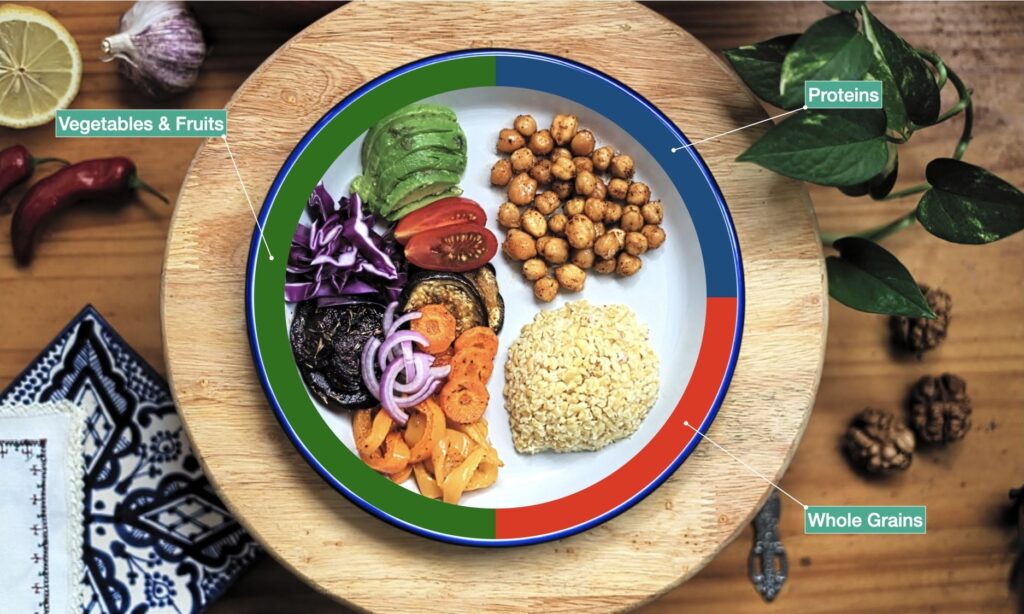
The plate method is a simple and effective way to build a balanced and sustainable diet. It accommodates mediterranean, plant based and flexitarian diets. By following the plate method, you can make balanced, nutrient-rich, and sustainable meals. The plate method will help you improve your overall health and well-being.
To follow the plate method, you just need one plate to divide into three sections:
- 1/2 of the plate: Choose a variety of fruits and vegetables.
- 1/4 of the plate: Choose whole-grain options like brown rice, quinoa and whole-wheat bread.
- 1/4 of the plate: Choose lean protein sources like fish, poultry, beans, lentils, and tofu.
Include healthy fats like olive oil, avocados, nuts and seeds.
The Plate method will help you include variety and flexibility to your eating habits. You will learn to make mindful choices that will help you build a sustainable diet.
The bottom line
Sustainable eating is a lifestyle changing decision. It’s about making good choices for you, the environment, and your community. Eating in a sustainable way doesn’t necessarily mean going entirely plant-based. Explore what works best for you, start with small changes, and don’t let the idea of a perfect diet overwhelm you. Remember, there’s no single one-size-fits-all approach to sustainable eating.
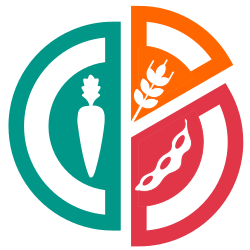



Leave a Reply